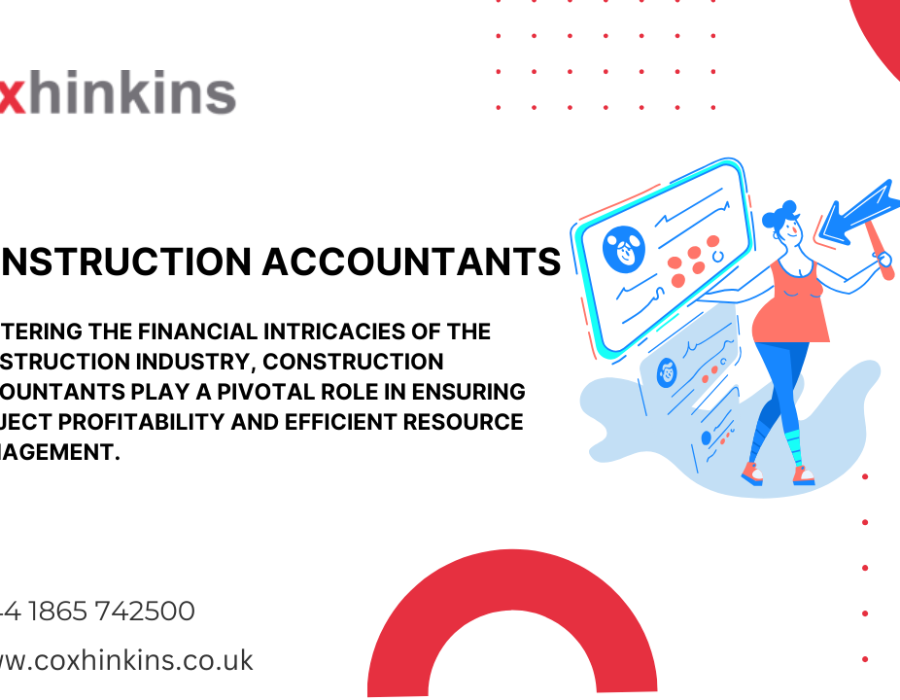Continuing education is crucial for professionals across various industries, and construction accounting is no exception. In the dynamic and complex world of construction projects, where financial management plays a pivotal role in success, staying updated with industry trends, regulations, and technological advancements is essential for construction accountants. Here’s why continuing education holds immense value for these professionals.
Staying Ahead in a Dynamic Industry
Construction accounting isn’t just about crunching numbers; it involves understanding intricate project finances, cost management, and compliance with evolving regulations. Continuing education equips accountants with updated knowledge on industry-specific changes, such as new tax laws affecting construction projects or updated accounting standards like those from the Financial Accounting Standards Board (FASB). This knowledge ensures they can provide accurate financial insights and stay compliant.
Adopting Technological Advancements
Technology is rapidly transforming the construction industry, and accountants must harness its potential. Continuing education helps construction accountants learn about new accounting software, project management tools, and data analytics platforms tailored for the industry. By mastering these technologies, accountants can streamline processes, enhance accuracy in financial reporting, and improve decision-making for stakeholders.
Navigating Complex Financial Regulations
Construction projects often involve complex financial structures, including contracts, funding sources, and regulatory requirements. Continuing education provides accountants with insights into navigating these complexities effectively. Courses on topics like construction contracts, project financing, and risk management enable accountants to mitigate financial risks, ensure compliance with regulatory bodies, and maintain transparency in financial reporting.
Enhancing Professional Credibility
Earning certifications and attending specialized courses through continuing education programs enhances a construction accountant’s professional credibility. Certifications such as Certified Construction Industry Financial Professional (CCIFP) or Certified Public Accountant (CPA) with a specialization in construction accounting validate their expertise and commitment to professional development. Clients, employers, and stakeholders value these credentials, leading to increased trust and career advancement opportunities.
Networking and Collaboration
Continuing education events, seminars, and workshops provide construction accountants with valuable networking opportunities. Interacting with peers, industry experts, and potential clients fosters knowledge exchange, collaboration on best practices, and insights into industry trends. These connections can lead to partnerships, referrals, and access to new career opportunities within the construction sector.
Adapting to Sustainable Practices
With the construction industry increasingly focused on sustainability and green building practices, continuing education helps accountants understand the financial implications of these initiatives. Courses on sustainable construction financing, tax incentives for green projects, and environmental reporting equip accountants to support clients and employers in adopting eco-friendly practices while maintaining financial viability.
Conclusion
In conclusion, continuing education is not just beneficial but essential for construction accountants aiming to excel in their profession. It empowers them with updated knowledge, technological proficiency, and compliance expertise necessary to navigate the complexities of the construction industry. By investing in continuous learning, construction accountants not only enhance their professional skills but also contribute significantly to the success and sustainability of construction projects and businesses they serve.





Comments